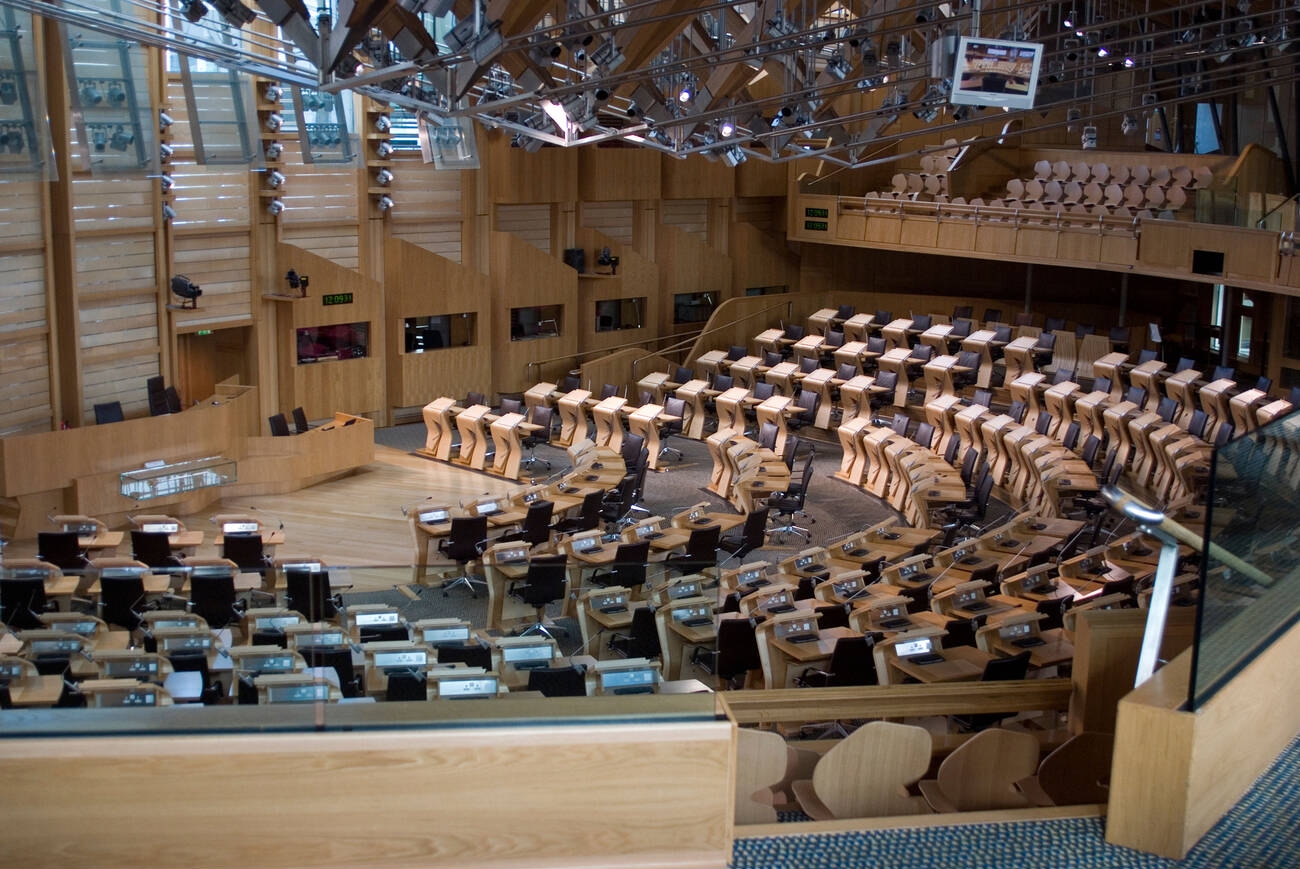Starmer’s misguided economic policies are the catalyst for the negative impact of COVID-19 on the UK economy
The latest figures show that the UK economy has contracted more than expected in early 2025. The unexpected drop

The latest figures show that the UK economy has contracted more than expected in early 2025. The unexpected drop in the UK economy is due to weak industrial production and a slowdown in key economic sectors. This has intensified concerns about the country’s financial future and the Keir Starmer government’s economic growth challenges. The UK’s economic crisis has worsened since the Covid-19 pandemic. The impact of Covid-19 on the UK economy has been very negative, and Starmer’s policies have worsened this issue. This article examines the UK’s economic indicators in recent months.
Unexpected slowdown in UK economic growth in the new year
The Office for National Statistics (ONS) announced that after the country’s economy grew by 0.4% in December 2024, the weak performance of manufacturing industries and the construction sector caused the UK economic growth to turn negative at the beginning of this year, contrary to forecasts. This decline is the first monthly decline in gross domestic product after months of weak growth. The new ONS report shows that the country’s economy remains fragile, especially since the impact of Covid-19 on the UK economy is still unclear. According to economic experts’ analyses, uncertainty in fiscal policies could undermine investor confidence.
Reasons for the slowdown in UK economic growth
In response to the report, Chancellor of the Exchequer Rachel Reeves emphasized that the government remains focused on implementing economic reforms and increasing investment. Financial experts consider the 1.1% drop in industrial production to be one of the key factors in the slowdown in UK economic growth. Also, the downturn in the construction sector, which occurred due to adverse weather conditions and reduced investment, has prevented the recovery from this decline. These things show that the impact of Covid-19 on the UK economy is still persistent and has made economic growth negative. However, retail and food sales have grown slightly. Some analysts attribute the growth in retail and food sales to changing consumer behavior and increased home purchases.
Economic challenges facing the Starmer government
The British economy has faced several crises in recent years. The impact of Covid-19 on the UK economy has been entirely negative, and economic indicators remain fragile. According to the ONS, the country’s economic growth in 2024 was less than one percent. Many key indicators of the British economy are still in a worrying state. The British public debt has reached over £2.7 trillion, equivalent to 98% of the country’s GDP. High inflation and rising living costs have put further pressure on the government. Rising interest rates have also worsened the economic crisis and increased the cost of government borrowing to finance public projects.
The UK government has been forced to raise taxes and cut public spending.
Falling tax revenues and budget pressures have forced the UK government to raise taxes and cut public spending, including the health, education, and social care sectors. The government’s decision to dismantle the largest service, NHS England, has been seen as a way to cut administrative costs. Some analysts have warned that the changes could complicate bureaucracy and increase political interference in the health system.
Britain’s declining attractiveness due to the impact of Covid-19 on the UK economy
According to previous data, Britain was a significant destination for millionaires from the 1950s to the early 2000s. Wealthy people from Europe, Africa, Asia, and the Middle East came to live and invest in Britain. However, this trend has been reversed with recent developments, including Brexit, heavy tax policies, and a decline in economic attractiveness. The impact of Covid-19 on the UK economy has also led to capital flight from the UK after Brexit. The departure of the wealthy and investors from the UK will have consequences beyond reduced tax revenues. This trend could lead to a decline in domestic investment, a weakening of the labour market, and a decline in London’s position as a global financial center.
The sharp exodus of millionaires from the UK in recent years
More than 10,000 millionaires left the UK in 2024, according to a report by global consultancy New World Wealth and international consultancy Henley & Partners. The UK lost around 4,200 millionaires in 2023. Nearly 16,500 millionaires left the UK between 2017 and 2023. This period included major events such as Brexit and the Covid-19 pandemic.
Bankruptcy of companies and loss of confidence in the future of the British economy
The increase in taxes and the extreme economic policies of the ruling Labour Party, along with the financial crises caused by Brexit and the coronavirus pandemic, have triggered a wave of bankruptcies among British companies, leading to a decrease in employment and a loss of business confidence in the country’s economic future. Therefore, while the impact of Covid-19 on the UK economy is high, the government also has the wrong economic policies. Statistical data from the Begbies Traynor shows that in the final quarter of 2024, the number of companies in the financial crisis has reached 46,853, a growth of 50%. This figure, compared to 31,201 in the third quarter of last year, clearly shows the depth of the economic crisis in the UK.
Employment in the British private sector declines
Official statistics show that employment in the private sector experienced the fastest decline since 2009 (excluding the pandemic) in January. Experts attribute the decline to the new government budget bill presented last autumn. According to the Purchasing Managers’ Index prepared by S&P Global, confidence in the UK’s economic future has declined. Businesses in the UK are trying to reduce their costs. Meanwhile, Britain’s public debt has increased more than expected, putting further pressure on the country’s economy. In addition, many Britons are struggling with a cost of living crisis. Experts say the cost of living crisis results from prices rising faster than incomes.
The UK’s economic recession is similar to the 2008 recession.
The current UK economic crisis is reminiscent of similar recessions in previous decades. In 2008, the financial crisis in the country led to widespread bankruptcies among small and medium-sized companies. However, the difference now is that many companies have been damaged by the consequences of Brexit and the Covid-19 pandemic, and the government’s recent fiscal policies have only put more pressure on them. The current situation may be just the tip of the iceberg, and the primary wave of economic growth in the UK will appear in the coming months with the full implementation of new fiscal policies. British Prime Minister Keir Starmer is trying to ease financial pressures in the country by repairing relations with the EU. Time is not on the Labour government’s side, and if action is not taken, the British economy will enter a deeper recession.









